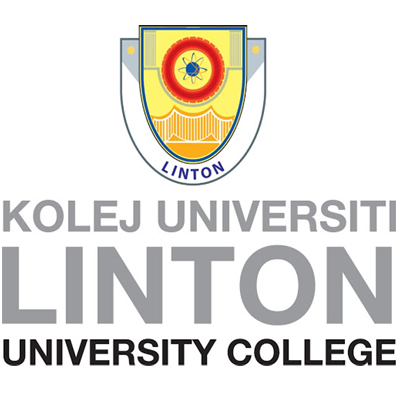
The general aim of Master of Science in Computer Systems Engineering (Integrated Systems) programme is to enable engineers to develop specialist expertise in the design and development of integrated and distributed systems by combining a number of smaller digital sub-systems into a larger and more powerful computer based system. The programme is designed to promote and engender a positive interest in current and future technologies and stimulate the development of a systems approach using software applications, artificial intelligence, computer communications and ASIC/ VLSI design methodologies. This will encourage and enthuse students to respond to developments in sub-systems design and integration through their studies and dissertation and allow them to contribute to future substantial engineering projects.
Any one of the following qualifications:
*Subject to verification and approval of Legenda Education Group
(For international students only)
Applicants will also be required to meet the University standard for competence in English language and will be expected to hold GCSE or equivalent grade C in English or a IELTS score of 6.0 or equivalent.
A selection of the following programme modules will be operated in one and half year subject to sufficient demand. Students have to choose available programmes and the research dissertation, EEM118 must be successfully completed in order to achieve the award of MSc. Some modules may not be available at all stages of the programme.
Each module will be studied over a single semester for a 14 week with a variety of teaching methods including lectures, tutorials, seminars and lab/practical work. Students are generally required to spend a further minimum period of study each week.
Various teaching methods are employed on the programme, including lectures, tutorials, seminars and laboratory work. In a lecture period, a member of the academic staff or a visiting lecturer presents ideas or information to a large body of students. In a seminar, ideas are discussed by a group of students. The discussion is led by a member of staff or a nominated student and moderated by one or more members of staff. In a tutorial the students solve problems under the guidance of a member of staff with whom they can also discuss information presented in a previous lecture.
To enable students to derive maximum benefit from their period of attendance, lectures are designed to cover only essential subject matter, this being complemented by lecture hand-out notes. Considerable importance is attached to home assignments and a commitment to private study.
Students are recommended to plan their work in advance, where practicable a programme of work, requirements of home assignments, together with reading references and tutorial sheets are distributed at the beginning of each section of each module.
To qualify for the award of the MSc, students must successfully complete a dissertation. The objective of the dissertation is to develop the students’ ability to study independently, making their own critical appraisal of the chosen subject and drawing from this the appropriate conclusions.
Students will be required to demonstrate that the research undertaken has been completed to an appropriate level for a Masters award. The dissertation must therefore, in general terms, include elements of research, design, independent working, the derivation of a product (through laboratory testing, critical analysis or computer programming) and the analysis of data.
One or more members of the School of Electrical and Electronic Engineering and School of Computer Science and Information Technology in the software systems development area will supervise the dissertation work of each student. Students must undertake their research investigations in the Campus, unless work with an outside employer or authority is involved.
Prior to commencement of the dissertation each student must submit to the Project Coordinator an outline proposal and methodology for the work. Guidelines on the content and presentation of your research proposal are provided.
Research dissertations must be completed in the teaching semester immediately after successfully completing all examinations and passing the taught modules.
Source: Kolej Universiti Linton, Linton University College, Malaysia